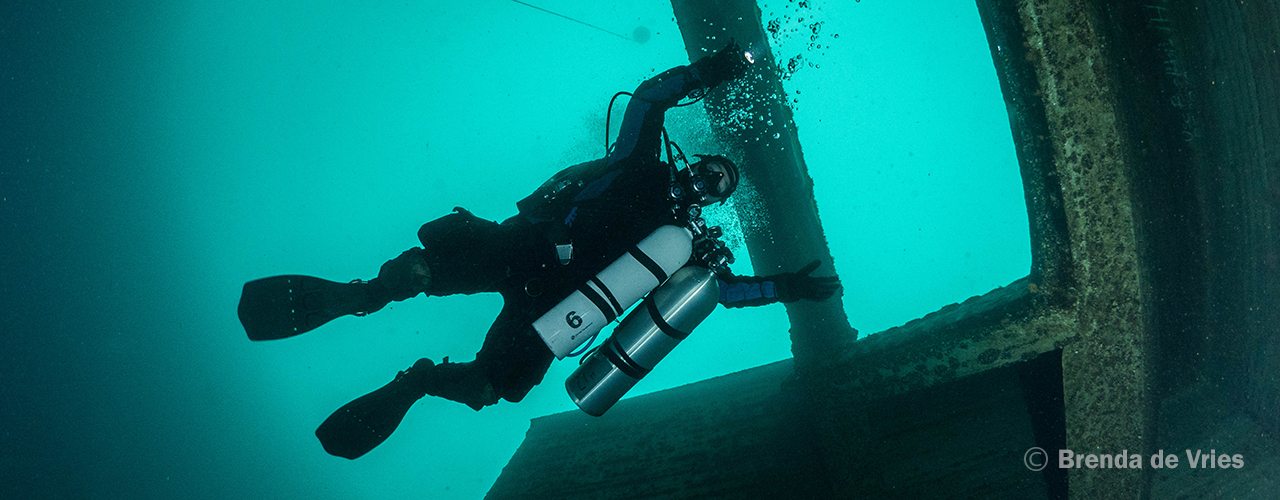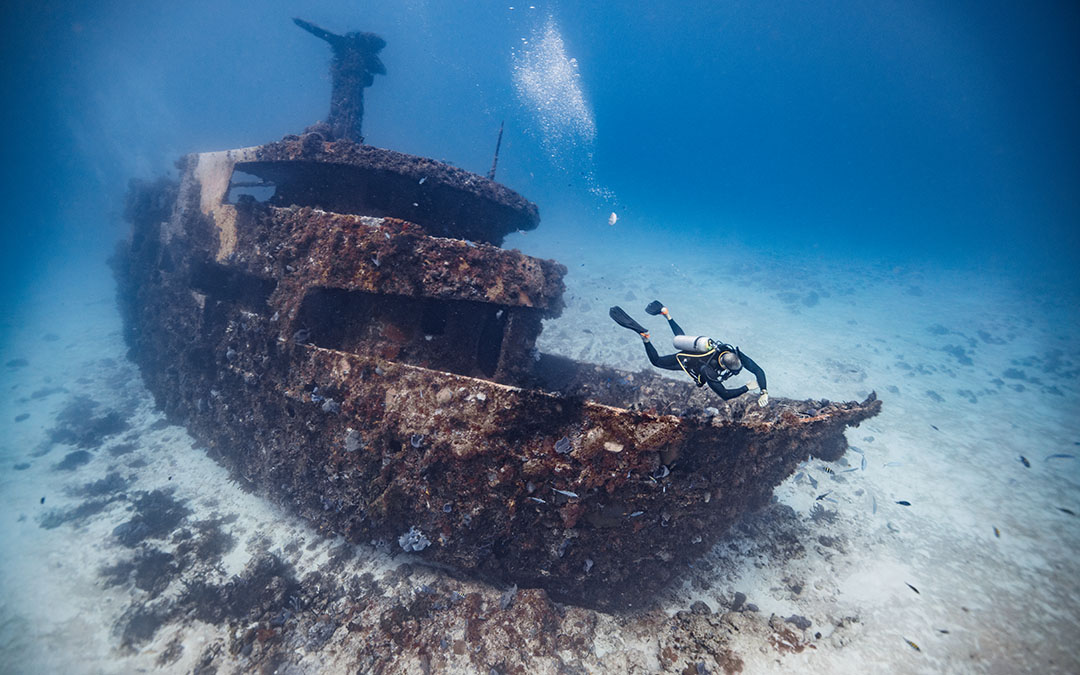Thanks for all the replies people. Based on the answers other members got from their similar requests, I knew this would be a topic for discussion, although I really dont get why..
I have respect for you dive professionals and that you take pride in your work. But is it necessary to put this divemaster internship on such a pedestal? Becoming a DM is a 2-3 month long program. If I have the time and finances to just go to some paradise to do it, is it really so bad to want to do this "for fun"?
I'm currently solo-travelling, which is great and all, but a little lonely at times.
I'm really looking for to get into a community with likeminded people, make new friends for life, becoming a better diver ( and spanish-speaker) at the same time. Hope this can contribute for even more fruitful replies.
If you can think of other alternatives to a DM program, but which checks the similar kind of boxes I'm looking for, I'm all ears!

Hi
@divedreaming89, I understand your feeling. I actually have a friend who did a 1-month divemaster program just because it was cheaper than diving as a customer

So I will not judge you on the why. There are so many possible reasons why to do that course!
However, let me express my thoughts about two points. First, you mentioned that money isn't an issue. Second, the dive count on your profile is 0-24, and you said you just did your OW.
In this situation, I would go for routes very different from the divemaster course for the following reasons:
{1} You will have responsibilities, and with your little experience, you can't know if you are ready or not.
{2} With little experience, you will need to find a zero-to-hero program. Usually, shops that offer these programs are not the best (in terms of being responsible, teaching well, etc.). It isn't ALWAYS true, but very often it is.
{3} Having responsibilities might mean less fun.
Since money isn't an issue, I would do it differently. Specifically:
1 - I would do some fun diving.
2 - I would seek extra training.
Regarding point 2, I am a proposer of getting
foundational tech training as early as possible; I am not an instructor, and the only reason why I advocate so is that all the instructors I met advocate for it

Now, getting extra training means also meeting other like-minded people, especially if it is tech training (again,
foundational tech training - do not even think about decompression or overhead stuff at your level, it can be deadly, seriously).
What is foundational tech training? Look at this:

www.gue.com
This mid-level Specialty Continuing Education Diver Program is designed to enable the certified diver to extend proficiency in the water and to review and...

iantd.com

www.tdisdi.com
There are other options, both in terms of agencies and training paths. First, you need to decide if you want t do just fun dives or if you prefer some training.
Sure, you still can go for a divemaster course, just keep in mind the suggestions you are getting in this thread from many experienced people.
Whatever you will choose, have fun and dive safely!
EDIT: some people disagree with the approach of taking foundational training as early as possible. There are many things you need to consider, for instance, if you need nitrox or not (probably you will if you want to dive so much), if you need some specific certifications to do certain dives you want to do (e.g. advanced), etc. So, really, first, you need to choose whether you want just to dive OR dive and get training. Then, if you decide you want to get training, you need to decide what kind. Also, keep in mind that training has a cost, and although money aren't a problem, maybe you want to dive a bit and see if you really like the activity before spending extra money on it. Cheers






